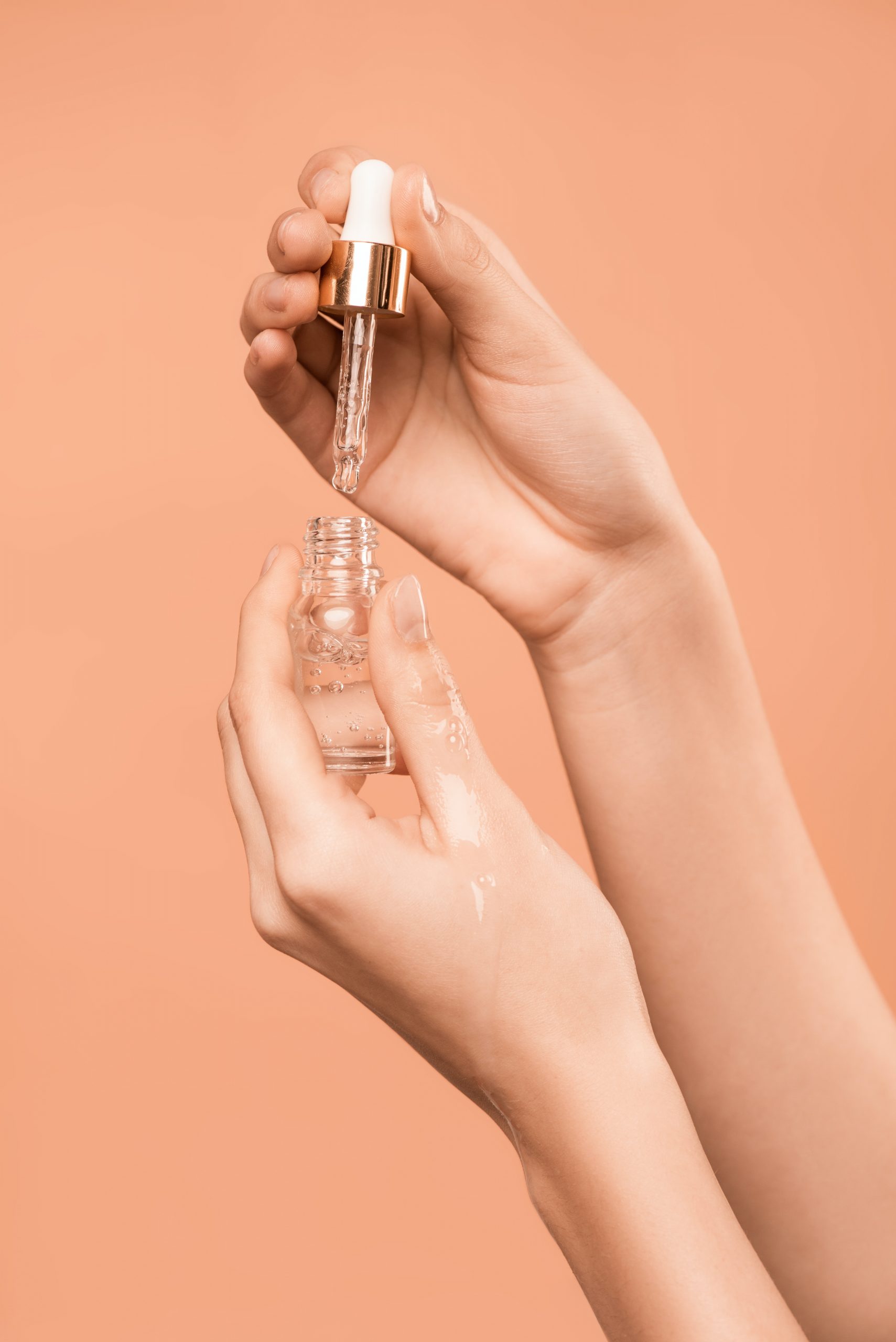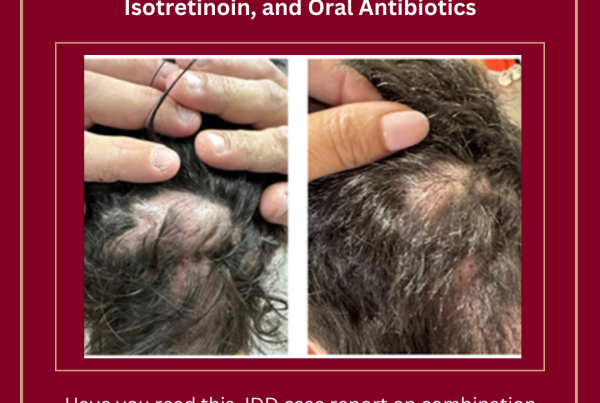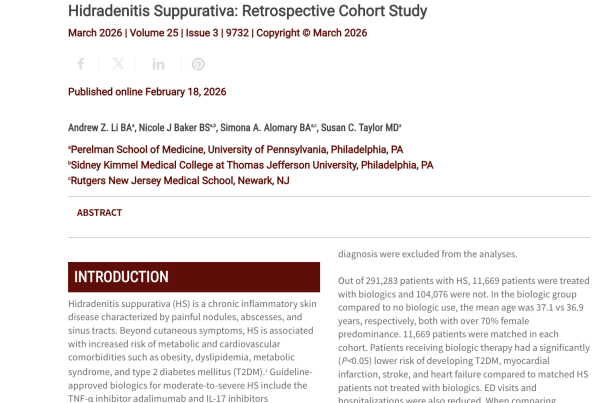Featured Article

A 2016 study from Journal of Drugs in Dermatology suggests that a topical cream containing retinol 0.5% in combination with niacinamide, resveratrol, and hexylresorcinol is efficacious and tolerable for skin brightening/anti-aging when used with a complementary skin care regimen including SPF 30 sun protection.
A 2016 study from Journal of Drugs in Dermatology (“Efficacy and Tolerability of a Skin Brightening/Anti-Aging Cosmeceutical Containing Retinol 0.5%, Niacinamide, Hexylresorcinol, and Resveratrol“), which was recently cited in an article on Prevention.com, suggests that a topical cream containing retinol 0.5% in combination with niacinamide, resveratrol, and hexylresorcinol is efficacious and tolerable for skin brightening/anti-aging when used with a complementary skin care regimen including SPF 30 sun protection.
Consumers are increasingly interested in over-the-counter skin care products that can improve the appearance of photodamaged and aging skin. This 10-week, open-label, single- center study enrolled 25 subjects with mild to moderate hyperpigmentation and other clinical stigmata of cutaneous aging including fine lines, sallowness, lack of clarity, and wrinkling. Their mean age was 53.4±7.7 years. The test product contained retinol 0.5% in combination with niacinamide 4.4%, resveratrol 1%, and hexylresorcinol 1.1% in a moisturizing base. Subjects were provided a skin care regimen including a cleanser, hydrating serum, moisturizer, and an SPF 30 sunscreen for daily use. The test product was applied only at night.
The use of this skin brightening/anti-aging cosmeceutical was found to provide statistically significant improvements in all efficacy endpoints by study end. Fine lines, radiance, and smoothness were significantly improved as early as week 2 (P<.001). By week 4, hyperpigmentation, overall skin clarity, evenness of skin tone, and wrinkles showed statistically significant improvement compared to baseline. Mild retinoid dermatitis including flaking and redness occurred early in the study as reflected by tolerability scores. By week 10, subjects reported no stinging, itching, dryness, or tingling.
The results of this open-label clinical study suggest that a topical cream containing retinol 0.5% in combination with niacinamide, resveratrol, and hexylresorcinol is efficacious and tolerable for skin brightening/anti-aging when used with a complementary skin care regimen including SPF 30 sun protection.
You May Also Like









